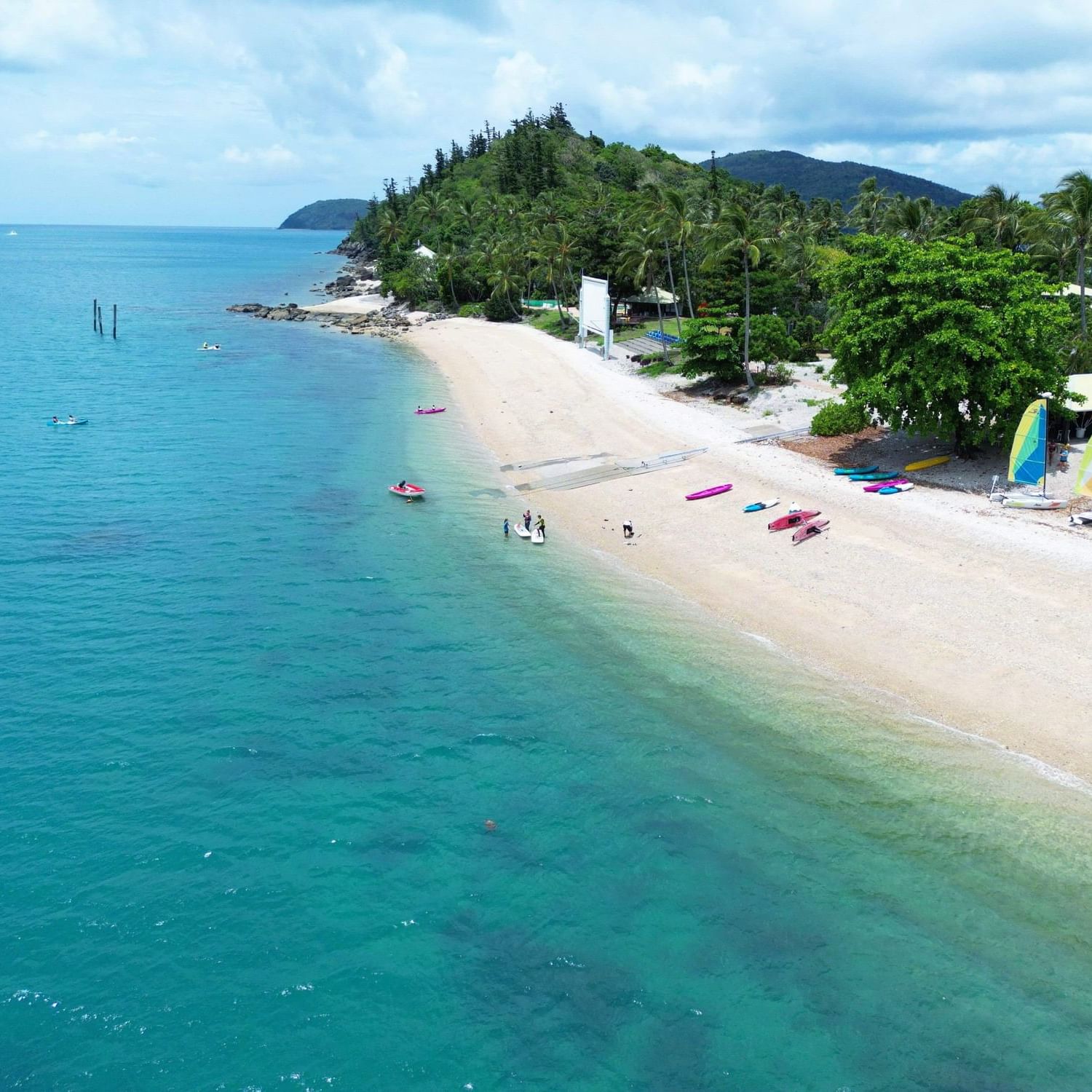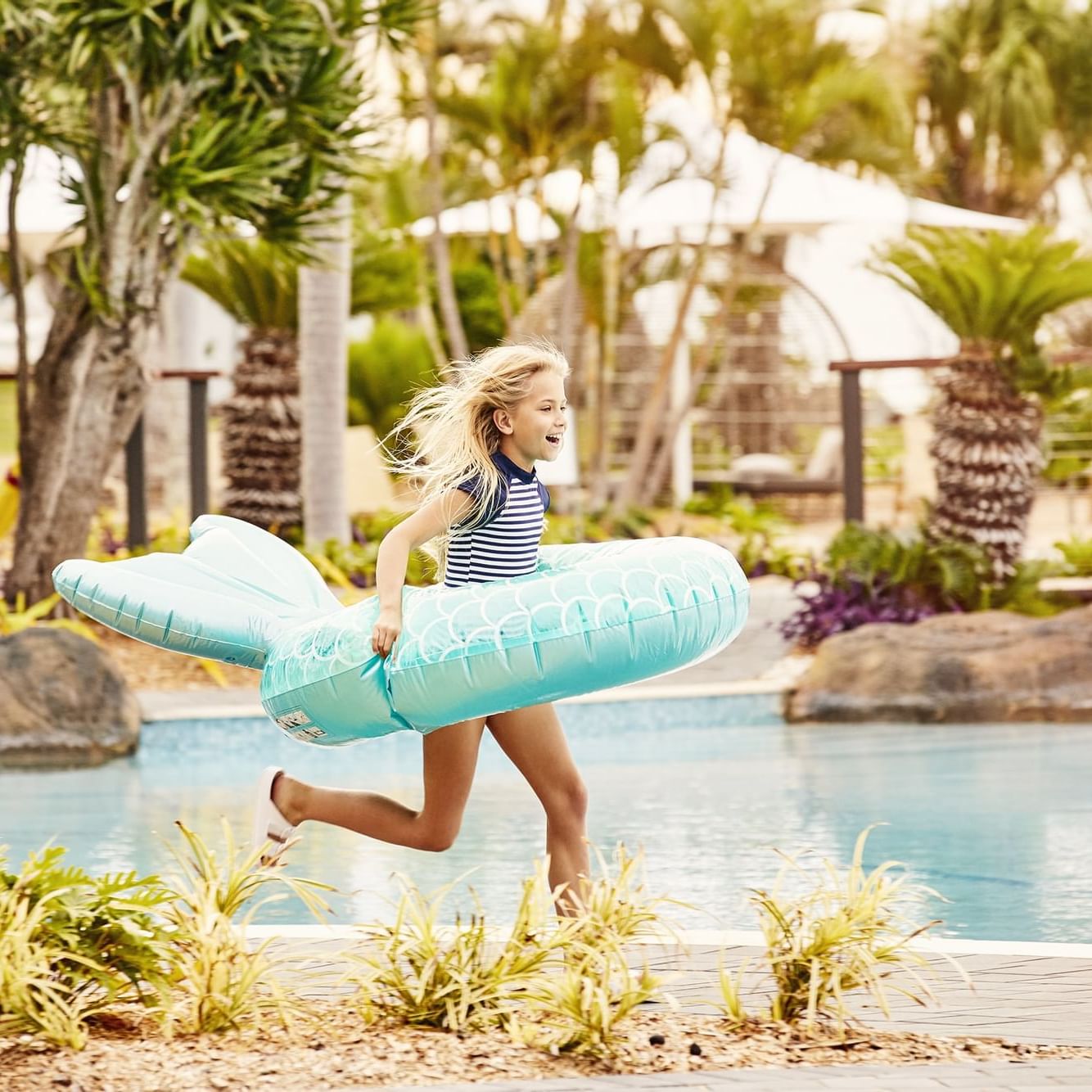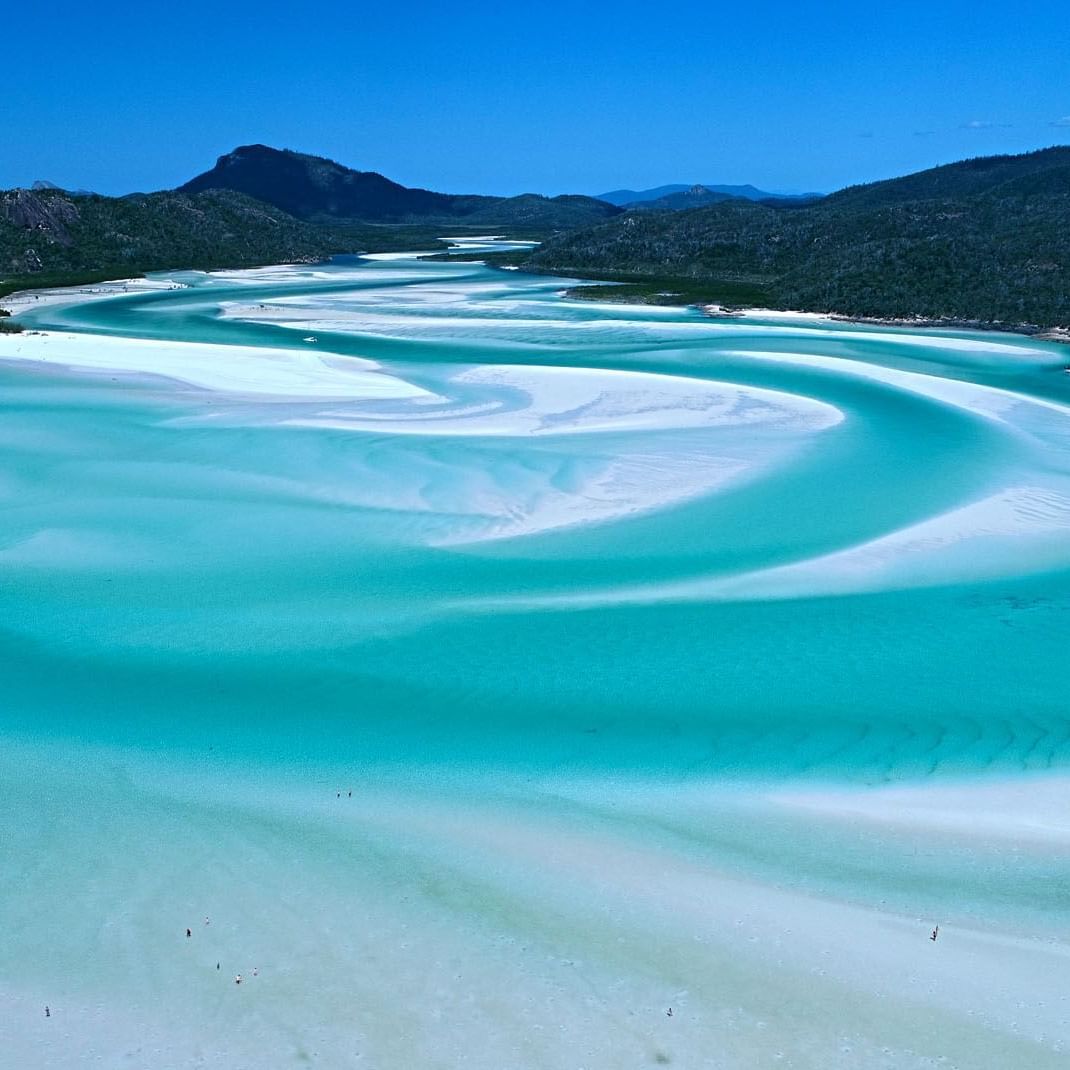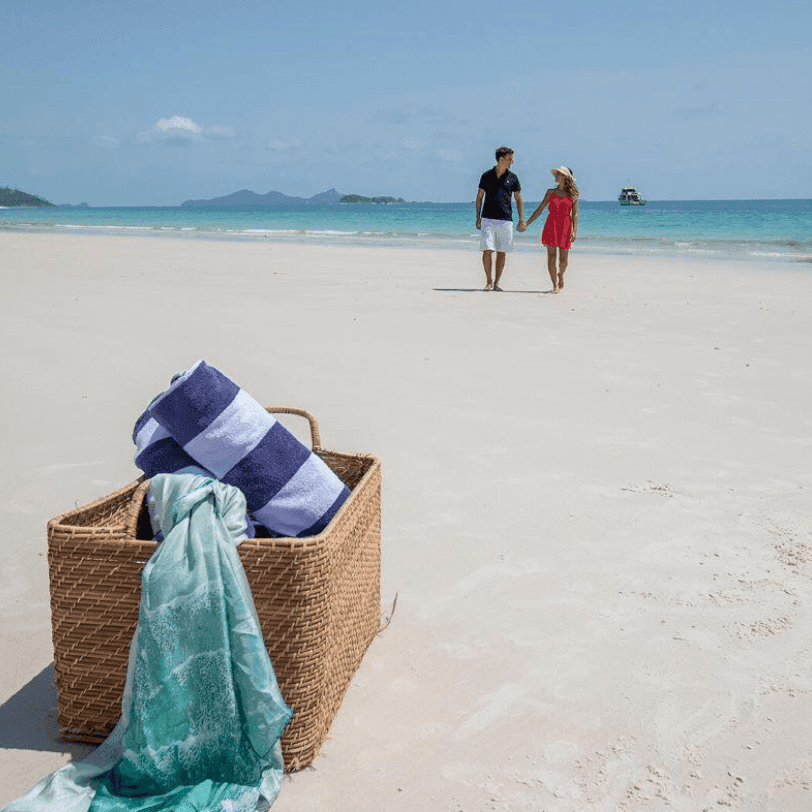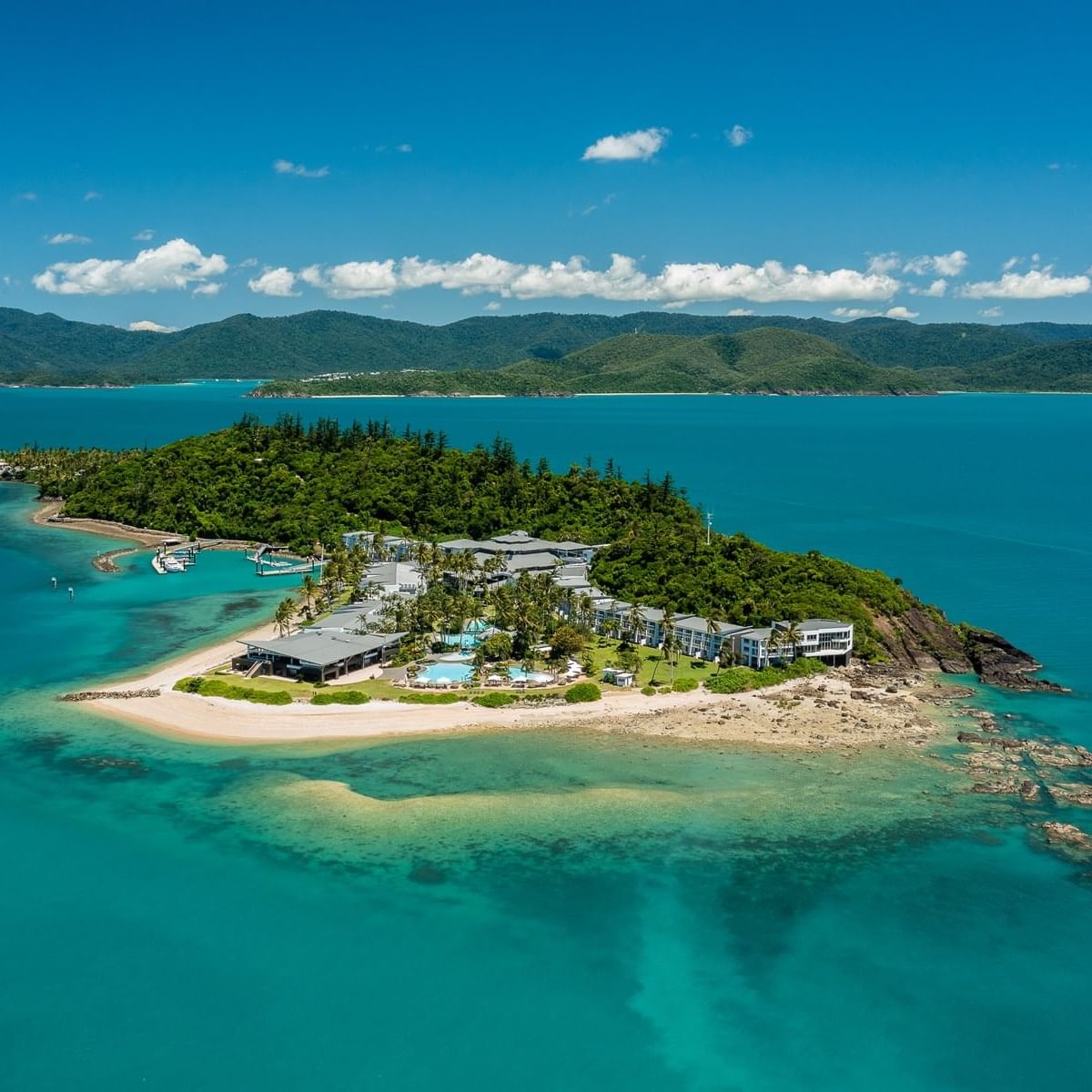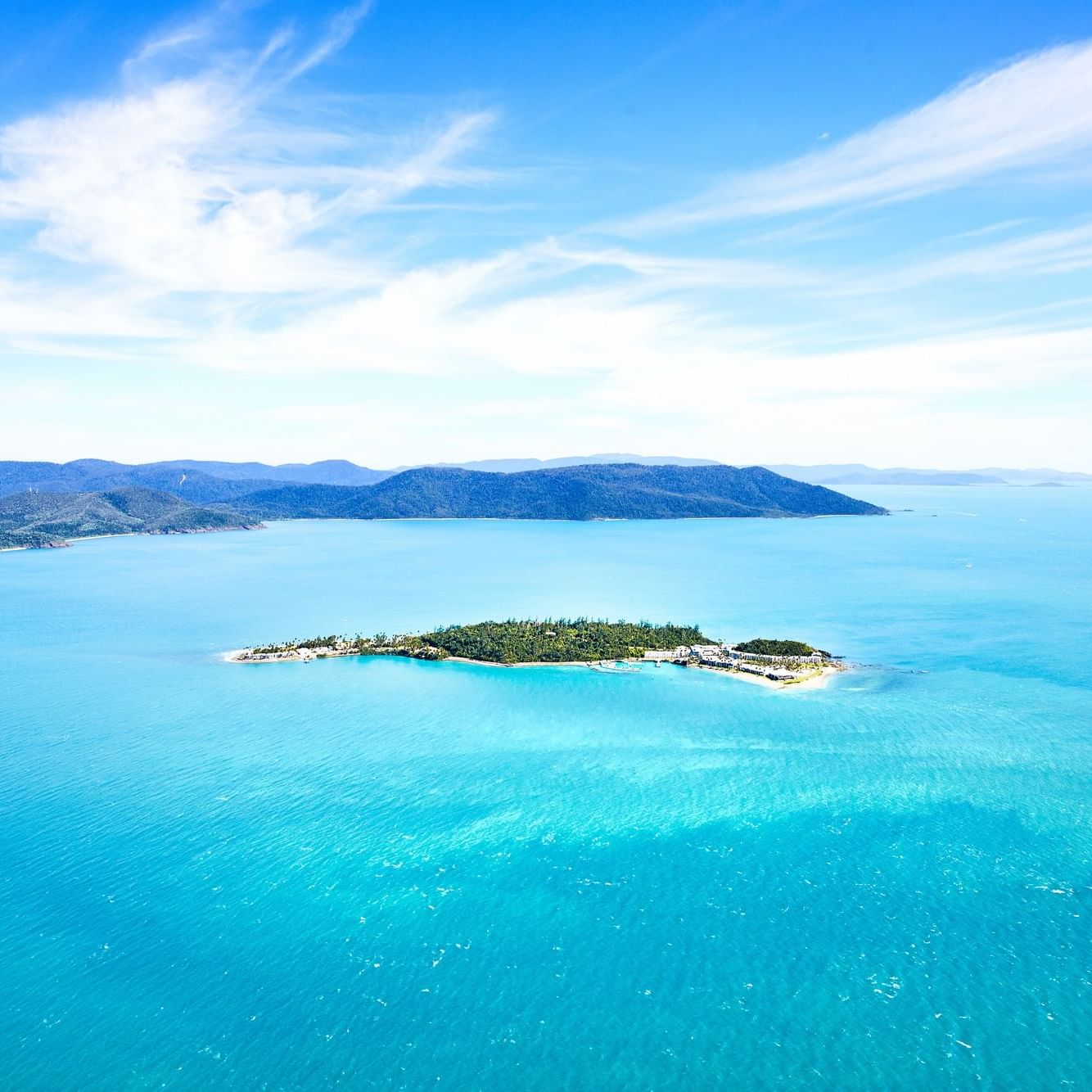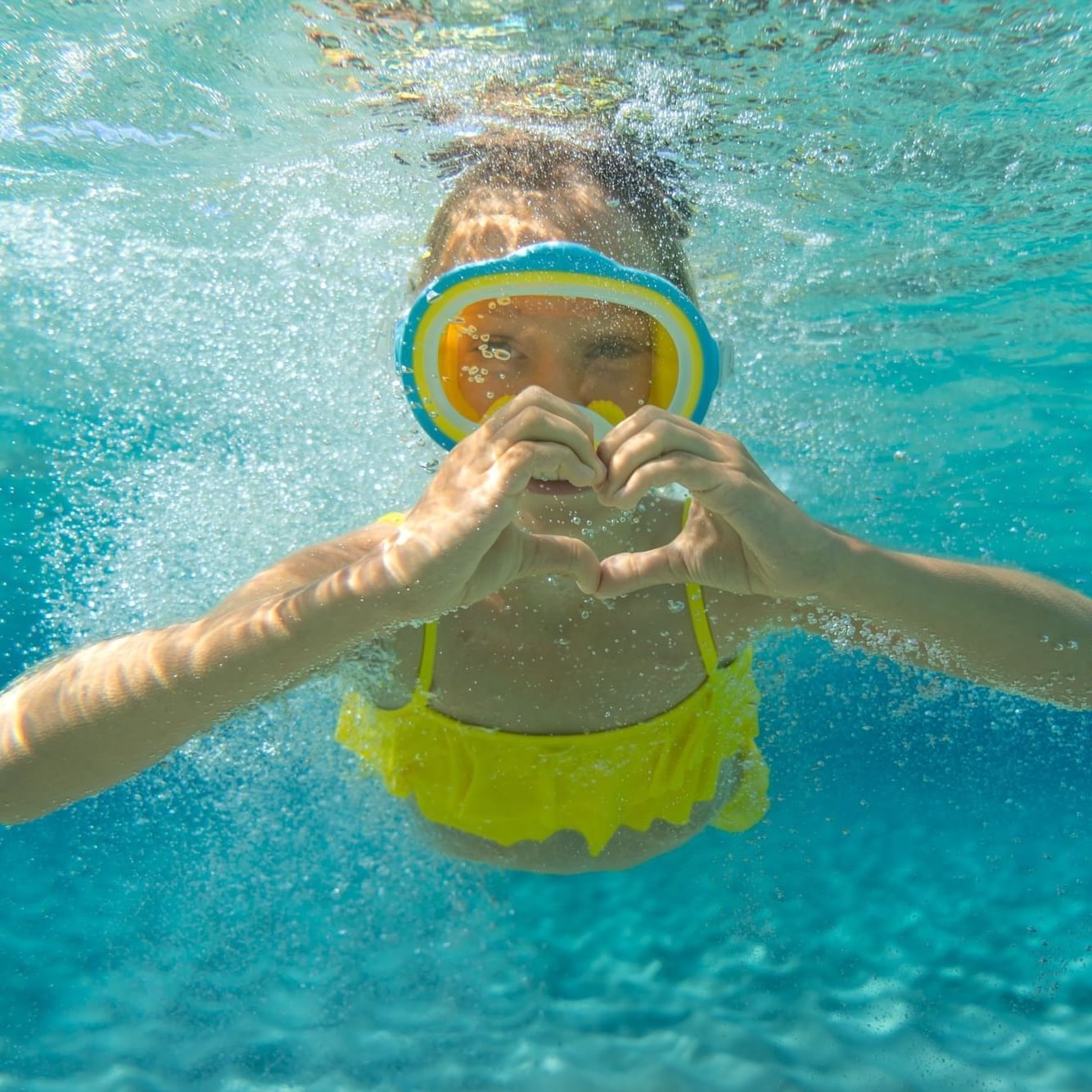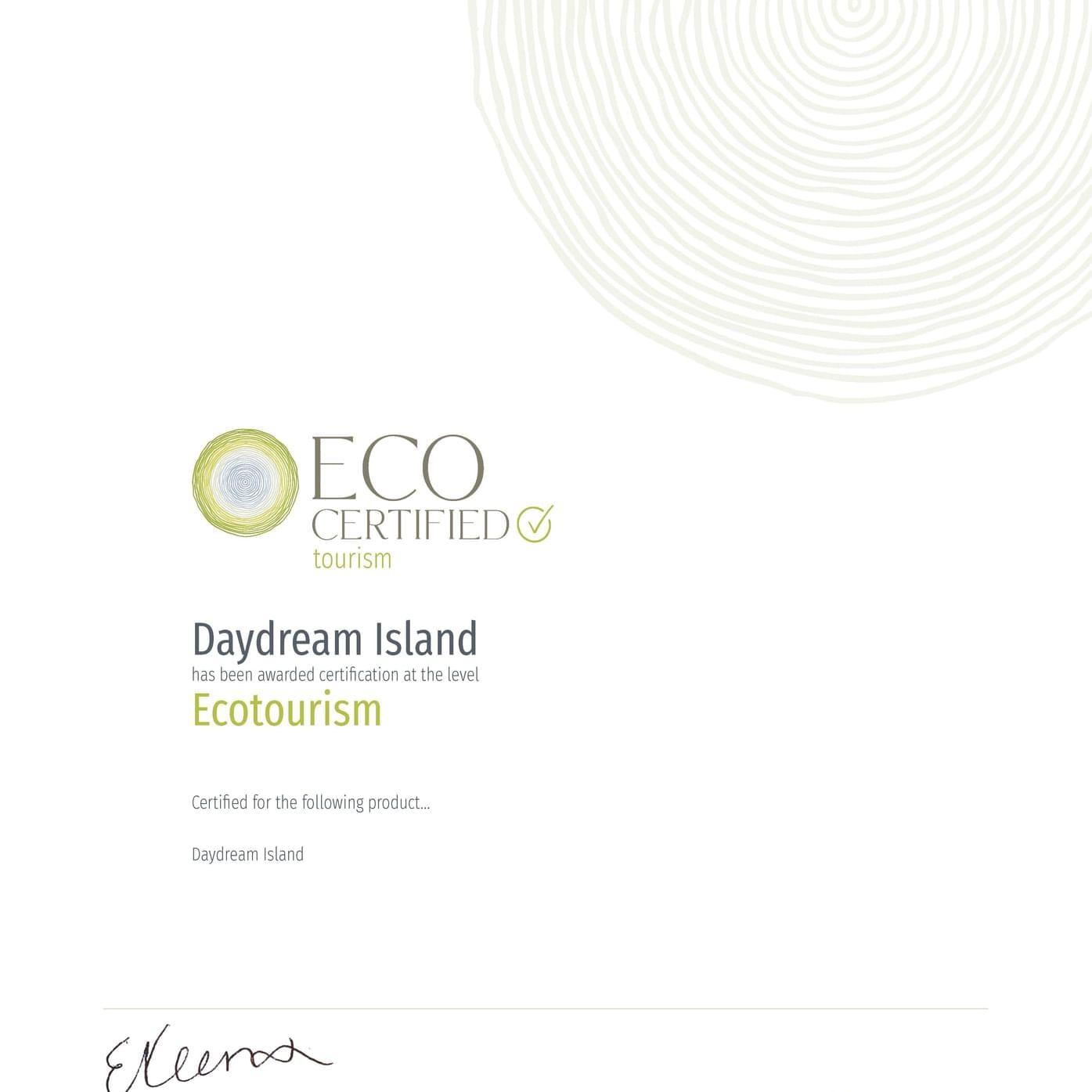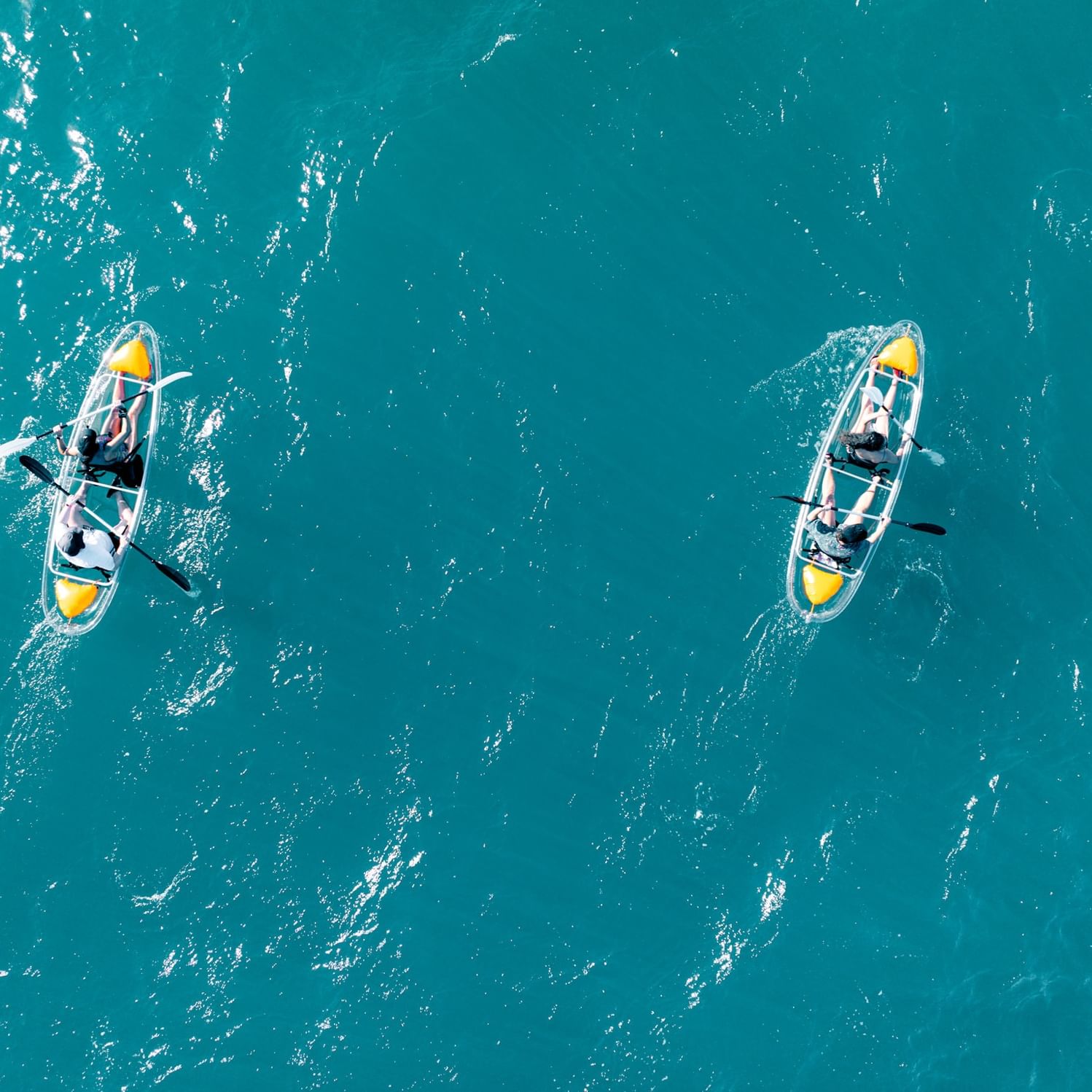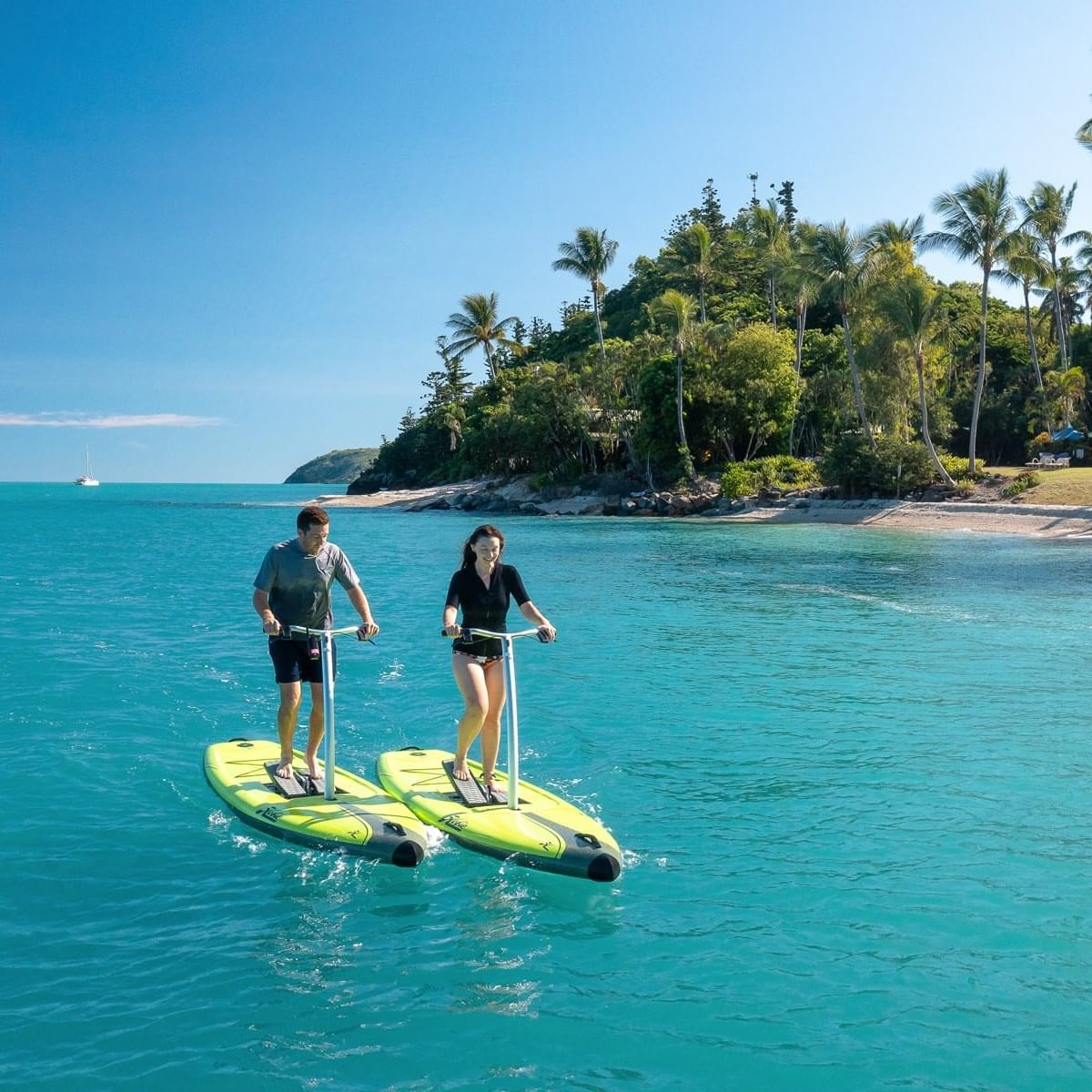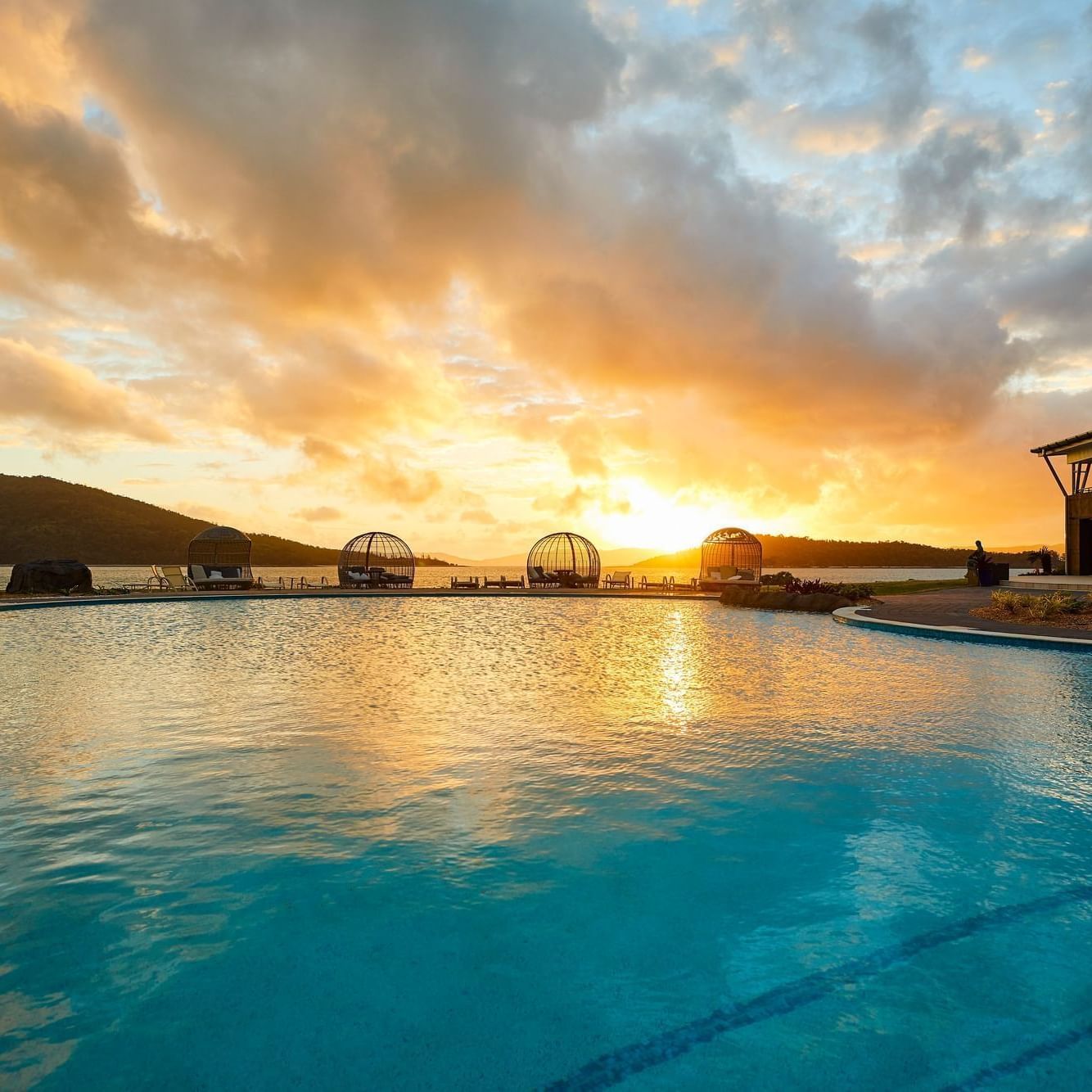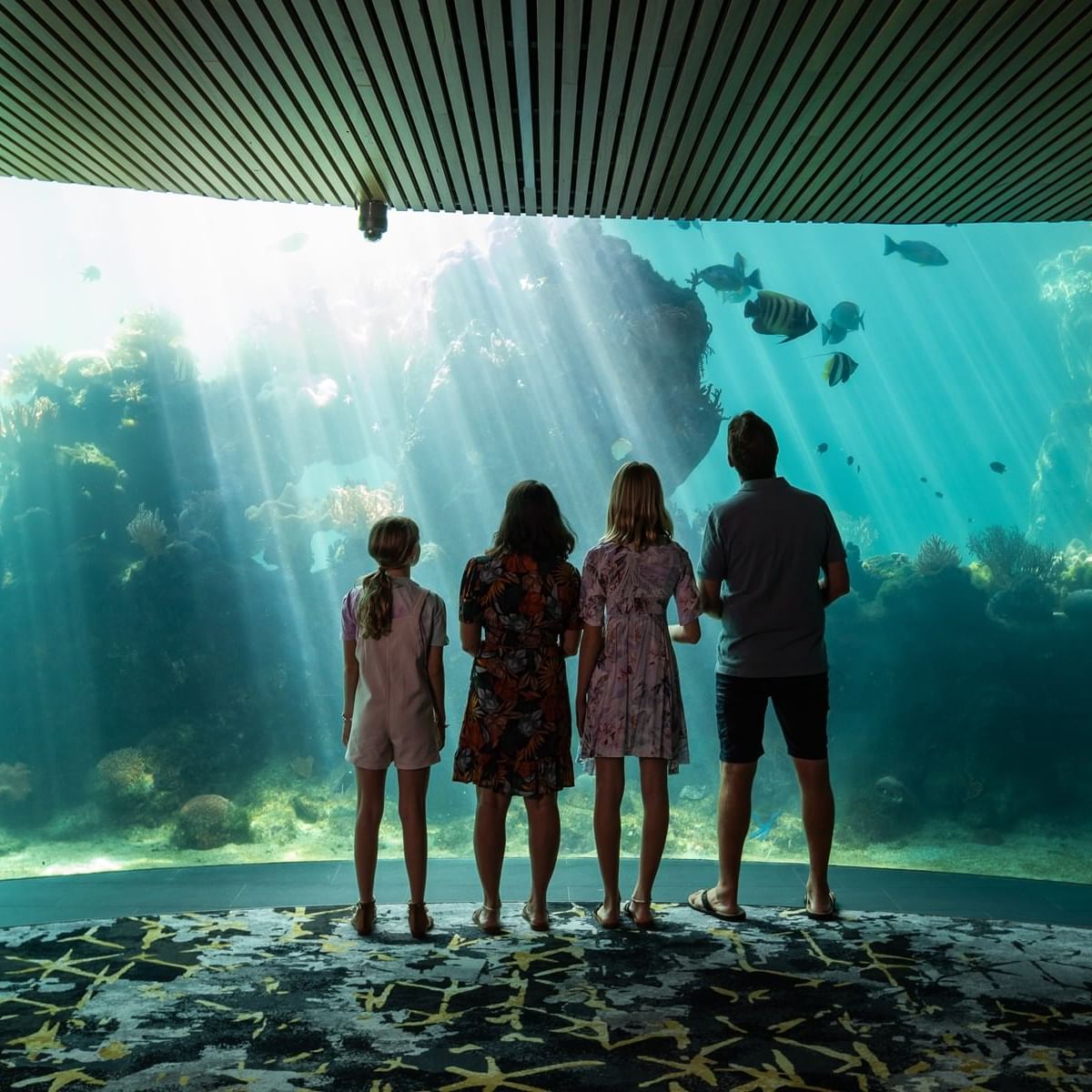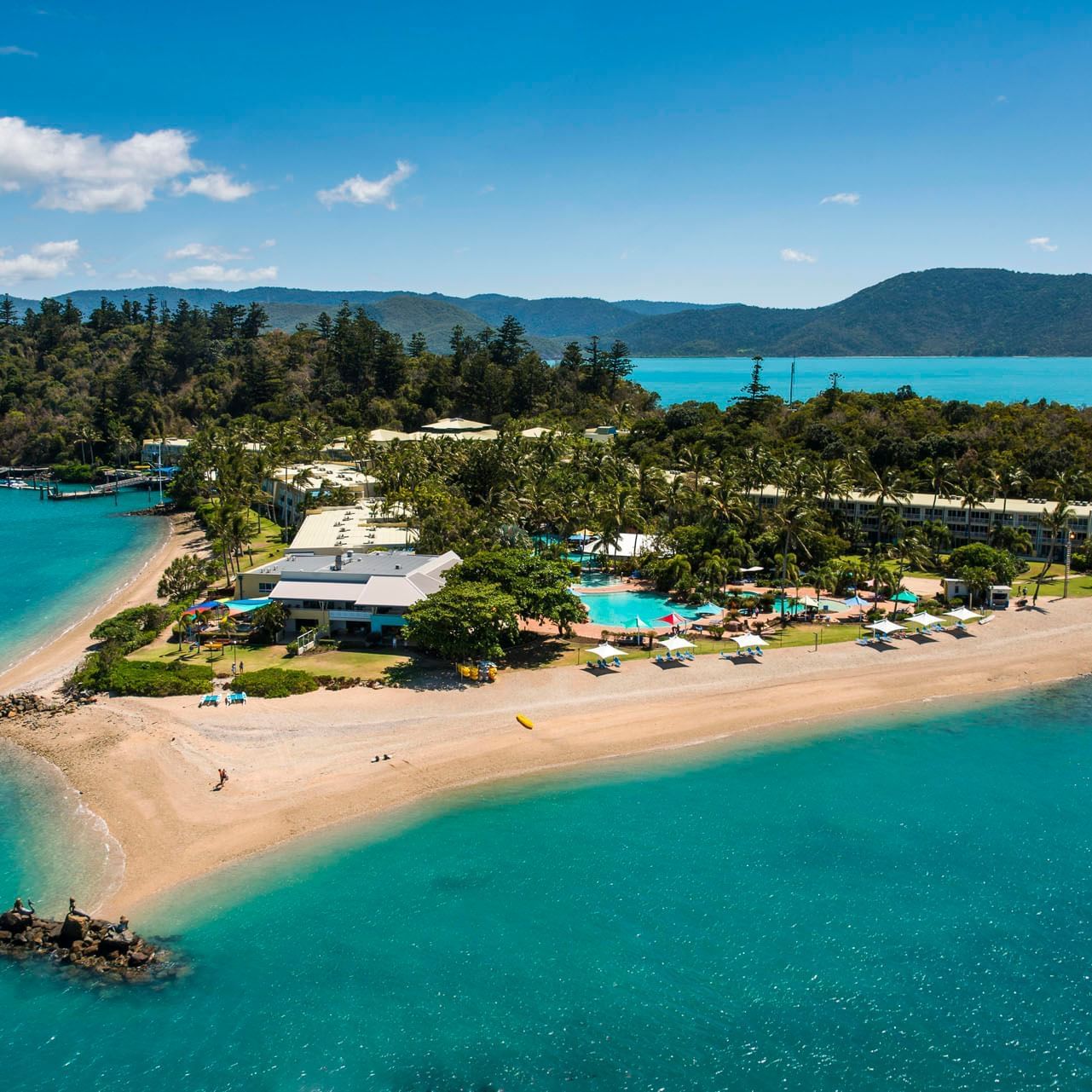Our Handy Whitsunday Wedding Planning Checklist
Plan your dream wedding in the Whitsundays at Daydream Island. Use our wedding planning checklist to book the best wedding suppliers in the Whitsundays.
5 Romantic And Relaxing Things To Do In The Whitsundays
Daydream Island is a true gem for couples looking for things to do in the Whitsundays. Whether you're planning a honeymoon, an anniversary trip, or a spontaneous romantic getaway, our island sanctuary offers a perfect mix of thrilling adventures and calming serenity. We provide couples with an ideal blend of nature, connection, and escape—all in one beautiful location.
5 Fun-Filled Family Adventures at Daydream Island & The Whitsundays
Searching for the ideal family getaway? Daydream Island serves as an excellent destination that blends enjoyable family activities with relaxation, education, and adventure. Featuring reef exploration, exclusive kids' clubs, and parents' relaxation time, the island offers some of the best family-friendly activities on the Whitsundays.
4 Exceptional Team Building Activities in the Whitsundays
If you’re an HR leader, event planner, or business owner searching for the ideal spot to host an unforgettable corporate retreat, look no further than Daydream Island in the beautiful Whitsundays. With stunning views, top-notch facilities, and a selection of engaging activities, Daydream Island turns ordinary business events into extraordinary experiences.
A Family Adventure Like No Other: Discovering Daydream Island's Treasures
This tropical paradise caters to all ages with a diverse range of activities, and the added "Kids Eat Free" offer enhances the overall experience.
Experience the Great Barrier Reef
Located in the Whitsunday Islands, Daydream Island is an idyllic destination offering various attractions & activities for visitors to explore.
Is Daydream Island a good place for snorkeling?
It is worth considering if you're looking for a great snorkeling experience in the Whitsundays.
Romantic Restaurant in Whitsundays for Couples
What makes Infinity Restaurant so special?
Ecotourism Australia Certification 2023
Daydream Island Ecotourism Australia Certification 2023
Whitsundays Wedding Packages
Experience a unique and unforgettable wedding day at Daydream Island Resort and Living Reef.
How long should I stay in the Whitsunday Resorts?
The length of time you should spend in the Whitsunday Resorts depends on several factors.
5 Reasons Queensland Resorts Are the Best for Couples
You may ask, "why Queensland?". Well, then, read on to know.
Queensland Islands Perfect For A Weekend Escape
There are a lot of fun-filled activities here, which will make your weekend memorable.
Holidaying with Family in the Whitsundays
Are you planning a holiday with your family on Whitsundays?
Your Ticket to Heaven in Queensland's Island Resorts
There are so many exciting things to enjoy.
5 Reasons to Plan Wedding at Daydream Island
Weddings need not only monetary but also an emotional and mental investment.

